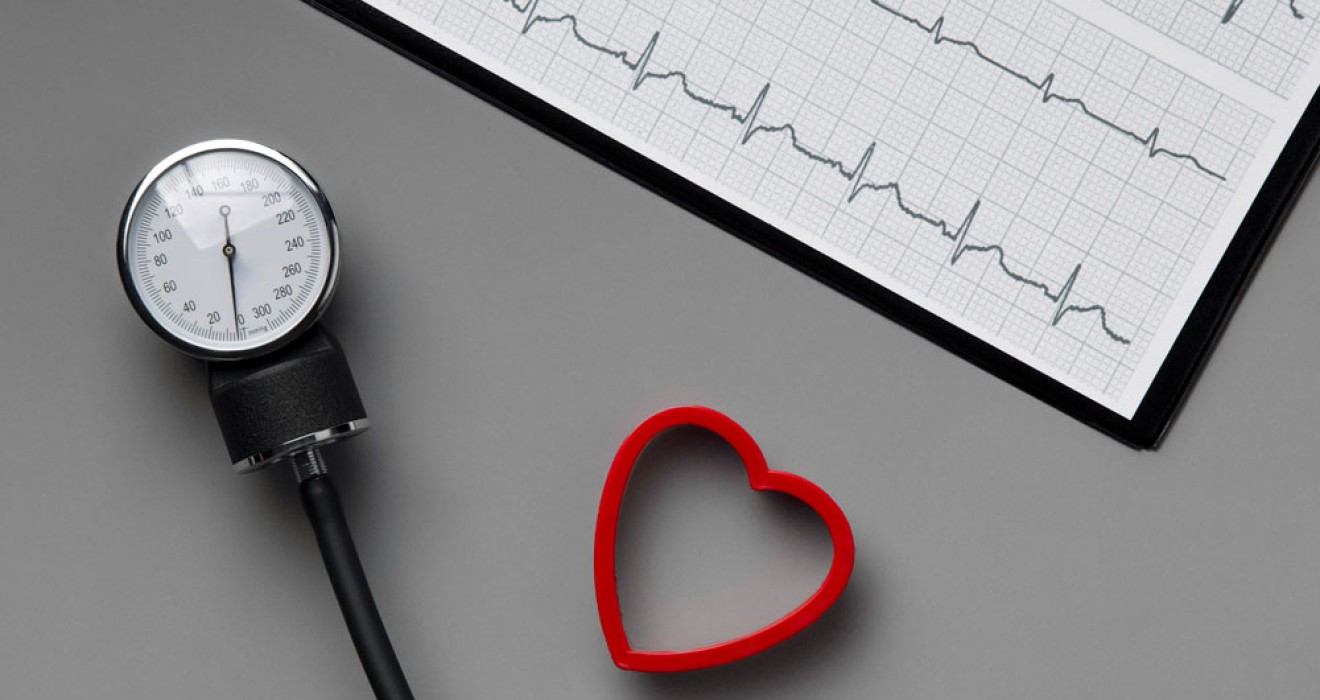
Blood Pressure: Why It Rises, How to Lower It?
High blood pressure, or hypertension, is a common health issue faced by many people worldwide. Hypertension occurs when the pressure inside the blood vessels is higher than normal. Often referred to as the "silent killer," high blood pressure can lead to serious health problems without showing symptoms. Therefore, regular monitoring is crucial.
What is Blood Pressure?
Blood pressure is the force exerted by blood against the walls of arteries. There are two fundamental measures of blood pressure: systolic pressure (the highest pressure exerted on artery walls during heart contraction) and diastolic pressure (pressure applied to artery walls when the heart is at rest).
Blood pressure is typically expressed as "systolic/diastolic" (e.g., 120/80 mm Hg). Normal blood pressure is generally considered to be between 90/60 mmHg and 120/80 mmHg.
Factors Contributing to High Blood Pressure:
There can be multiple reasons for high blood pressure, and several factors can contribute to this condition. Some key factors leading to an increase in blood pressure include:
- Genetic Predisposition: A family history of hypertension can increase the risk. Therefore, if there is a history of high blood pressure in your family, your risk may be higher.
- Dietary Habits: High salt intake can raise the risk of hypertension. Additionally, inadequate potassium intake can also elevate blood pressure.
- Excess Weight: Being overweight can lead to an increase in blood pressure. Being obese or significantly overweight can cause blood vessels to work harder, resulting in higher pressure.
- Inactivity: Lack of physical activity can raise the risk of hypertension. Regular exercise can help control blood pressure.
- Stress: Chronic stress can elevate blood pressure. Therefore, using relaxation techniques to cope with stress can help lower blood pressure.
- Cigarettes and Alcohol Use: Smoking and excessive alcohol consumption can raise blood pressure.
- High Cholesterol: Elevated cholesterol levels can lead to vessel blockages, increasing blood pressure.
- Diabetes: Diabetes can complicate the control of blood pressure.
Possible Consequences of High Blood Pressure:
Failure to control high blood pressure can lead to serious health problems. Potential consequences include:
- Heart Diseases: High blood pressure increases the risk of heart attack, angina (blocked arteries), and heart failure.
- Stroke: It raises the risk of a stroke. Elevated pressure in the blood vessels of the brain can cause vessels to burst or become blocked.
- Kidney Issues: It can affect kidney function and increase the risk of kidney failure.
- Eye Problems: High blood pressure can cause bleeding in the retina and vision problems.
How to Lower?
Taking measures to control and lower blood pressure is possible. Some helpful strategies include:
- Healthy Eating: A low-sodium diet can help control high blood pressure. Additionally, paying attention to sufficient intake of potassium, magnesium, and calcium is important.
- Regular Exercise: Physical activity can help lower blood pressure. Aim for at least 150 minutes of moderate-intensity aerobic exercise per week.
- Weight Control: Preventing obesity or losing weight can help lower blood pressure.
- Avoiding Cigarettes and Alcohol: Avoid smoking, and limit alcohol consumption.
- Stress Management: Using relaxation techniques to cope with stress can help lower blood pressure.
- Medications: In some cases, medications may be recommended by a doctor. Medication can be used in conjunction with other measures.
- Potassium Supplements: Potassium supplements can be taken as per your doctor's recommendation, as potassium has been shown to help lower blood pressure.
- DASH Diet: The DASH diet is a nutritional plan that may help lower blood pressure. It restricts salt intake and promotes high-fiber foods.
Understanding why blood pressure rises and how to lower it is essential for maintaining a healthy lifestyle. Correcting dietary habits, increasing physical activity, controlling weight, managing stress, and regularly checking blood pressure can assist in lowering blood pressure.
Remember that high blood pressure is a silent threat. Therefore, regular measurements are of vital importance. If you suspect an increase in your blood pressure or a concerning situation, consult a healthcare professional immediately.


